Tauroursodeoxycholic acid, that you probably know as just TUDCA, is one of the most popular liver support supplements on the market today. You can use it off-cycle just for regular liver support, or on cycle — especially with oral anabolics — to minimize the damage.
Why do you need it in the first place?
Because oral anabolic steroids, including Anavar, WInstrol, Dianabol, and so on, are all 17-alpha-alkylated, i.e. modified to withstand your liver’s natural filtering abilities. Liver, in simple terms, HATES when it can’t digest something, so it keeps trying.
Sure, you can just skip oral anabolics whatsoever, But let’s be honest, no injectable gear can provide the convenience, the dry gains, the exploding muscle growth, and the rapid effect that orals do. So your best option is to counterbalance the damage.
The extended duration of the steroid’s presence in the liver, along with its unsuccessful efforts to break it down, damage liver cells. The consequences range from minor liver issues to literal blood-filled cysts.
One of the ways to prevent the adverse effects of oral steroids on the liver is to keep your doses minimal, your oral steroid cycle — short, and follow all the safety rules we listed in this comprehensive liver support guide. One more thing you can do on top of that is to take liver supplements — like TUDCA.
What Does TUDCA Do?
It acts according to its nature — as a bile acid. Your body is perfectly capable of producing TUDCA by itsl;ef, though exogenous (that comes in pills) form is even more beneficial. TUDCA acts as an extra support for your liver cells and the whole system.
Sidenote: there’s a growing body of research on TUDCA’s benefits in treatment of Alzheimer and Parkinson’s disease. TUDCA is not as well-researched as UDCA is at this point, so maybe we’ll learn more on what does TUDCA do in the future.
TUDCA Benefits
In a short and simple way, TUDCA supports liver health. The three main ways are:
- Protects liver cells;
- Lowers chronic disease risks;
- Improves bile flow.
Now, let’s take a closer look.
1. Prevents liver cell damage
Without going into much details, the compound boosts the existing cells’ ability to withstand damage:
- Prevents apoptosis, aka programmed cell death;
- Reduces endoplasmic reticulum (ER) stress;
- Increases the expression of HSPs, which are responsible for protecting cells against stress;
- And increases cell regeneration speed.
2. Lowers the risks of chronic liver diseases:
That’s the real risk with oral steroids. Your liver is a tough organ, it can survive some damage and regenerate back to its healthy, normal state, But not if you get some chronic liver issues. To lower the risks of you getting any of the severe outcomes, TUDCA:
- Reduced inflammation;
- Reduced oxidative stress;
- Lowered levels of pro-inflammatory cytokines.
3. Improves the bile flow
Troubled bile flow is the exact thing that elevated levels of oral steroids in the liver cause. It’s called cholestasis (in severe form) and you need to avoid it, because no bile flow = no functioning liver at all. TUDCA boosts the secretion of bile, leading to lowered risks of the stasis.
How to Take TUDCA?
The supplement comes in pills, so you take it as regular pills.
How much to take?
The official dosage is 15 to 20 mg per kg of body weight. For example, if you weigh 100kg — you need 150 to 200mg of TUDCA every day.
However, we’re not talking about proactive use or liver disease treatments. We’re talking about liver support on the oral anabolic steroid cycle, with compounds that are known to be liver-toxic.
For on-cycle liver support, you can take 250 to 500mg of TUDCA ED, in 1 or 2 administrations.
Now worries about an overdose: you’d need much more than 1000mg to get it, and practically — it’s just diarrhea, in the worst case scenario. Tudca doses for liver repair can go up to 750 mg ED in 2-3 separate administrations.
When do you start?
The compound has a half-life of approximately 3 days, but the peak activity period is rather short. So the best moment to start TUDCA is the very first day of your steroid cycle. There’s no such thing as «front-loading» liver support, and you just start taking the normal daily dose.
And when do you stop?
We’re talking about a natural bile acid, so tolerance is not a concern.
You can stop taking TUDCA when you don’t need it anymore: when your liver is feeling OK and when the extra stress is over.
Practically, the best time to stop taking TUDCA is by the end of your PCT. This way you provide the much-needed support to your liver throughout the whole cycle and give it some time to restore and regenerate when the cycle is over.
TUDCA Side Effects
The compound is, as most trials state, generally well-tolerated. It’s not perfect and 100% safe, don’t take it the wrong way. If you tolerate TUDCA really bad, you can get side effects:
- Diarrhea, especially if taken in high doses above the recommended limit;
- Digestive issues, such as upset stomach;
- Nausea and dizziness, though rarely reported.
MOST athletes report no side effects on TUDCA. There’s a pretty good chance we’re talking about a safe compound.
Where to Buy Tudca in Canada?
The easiest answer is — a few clicks away, without even leaving the site. You can buy TUDCA with Canada-wide delivery through our store (or just visit any pharmacy around — it’s not a prescription drug).
Is TUDCA Supplement or a Drug?
At this point. The formal status of TUDCA is a bit complicated. In Europe, Tudca is considered a drug. The only approved TUDCA-based medication is called Riluzole and clinics in Europe prescribe it to people with amyotrophic lateral sclerosis, aka ALS.
In Canada, however, TUDCA is still considered a supplement, not a drug. TUDCA is legal for sale in Canada, approved for human use by both FDA and Health Canada, but still — as just a supplement. At least as of May 2023.
TUDCA & Cancer — is it Carcinogenic?
Here’s a common misconception. TUDCA is often mentioned in studies in conjunction with cancer, and it may sound scary. But the context is — TUDCA is currently studied as a potential treatment of cancer. Or, being realistic, a way to lower the risk of certain types of cancer development, precisely — carcinogen-induced liver dysfunction and HCC incidence.
It’s not a novel effect, it’s all defined by the benefits of TUDCA we’ve listed above. However, since TUDCA and cancer are so often mentioned together — it needed clarification.
Final Word
TUDCA, just as its natural analog UDCA, are relatively inexpensive, almost risk-free, all-around beneficial liver support compounds. When your liver needs support, it’s one of the best things you can do for it. And given the absence of drawbacks (if you tolerate TUDCA well), there’s no reason to skip it.
References
-
Androgenic anabolic steroid-induced liver injury: two case reports assessed for causality by the updated Roussel Uclaf Causality Assessment Method (RUCAM) [https://bmjopengastro.bmj.com/content/7/1/e000549];
-
Tauroursodeoxycholate—Bile Acid with Chaperoning Activity: Molecular and Cellular Effects and Therapeutic Perspectives [https://www.ncbi.nlm.nih.gov/pmc/articles/PMC6952947/];
-
Efficacy and safety of tauroursodeoxycholic acid in the treatment of liver cirrhosis: a double-blind randomized controlled trial [https://pubmed.ncbi.nlm.nih.gov/23592128/];
-
Tauroursodeoxycholic acid dampens oncogenic apoptosis induced by endoplasmic reticulum stress during hepatocarcinogen exposure [https://www.ncbi.nlm.nih.gov/pmc/articles/PMC4695041/].

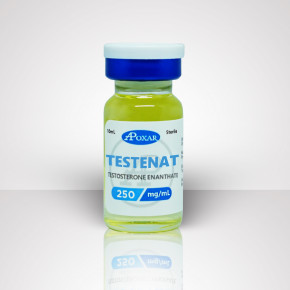
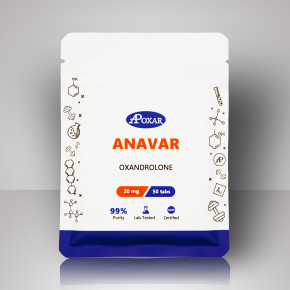
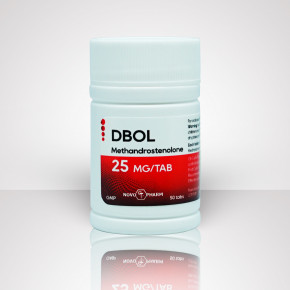
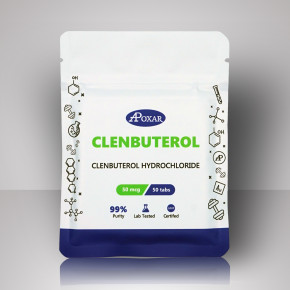
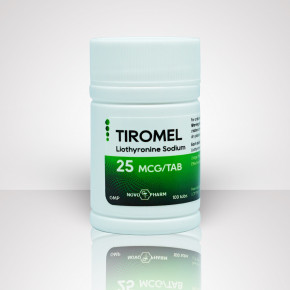
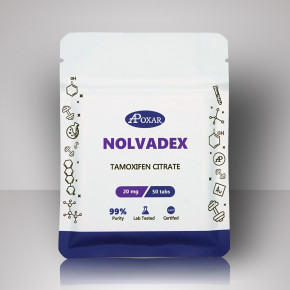
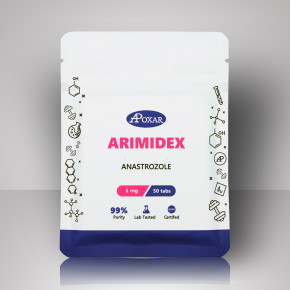
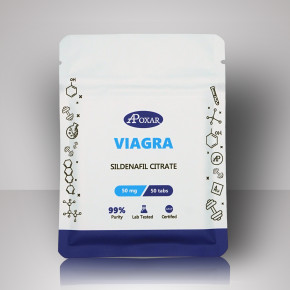
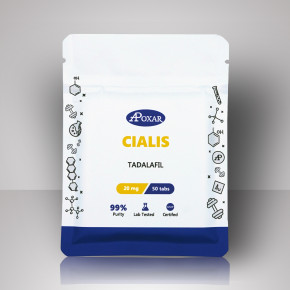
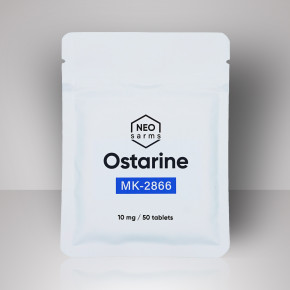
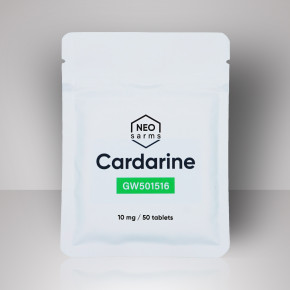
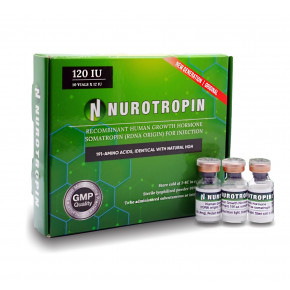
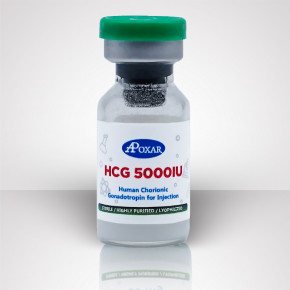
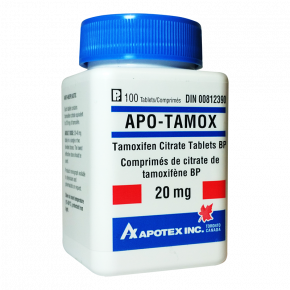
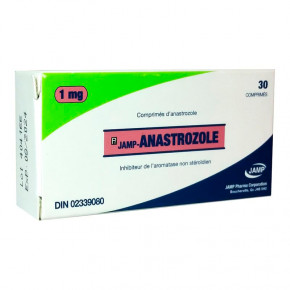
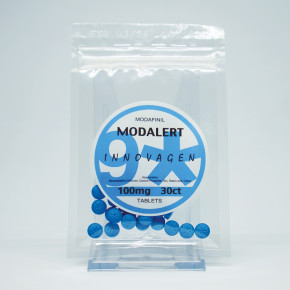
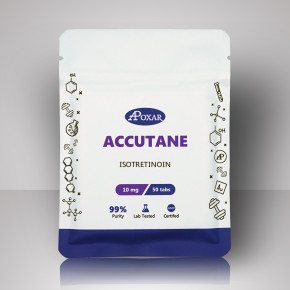
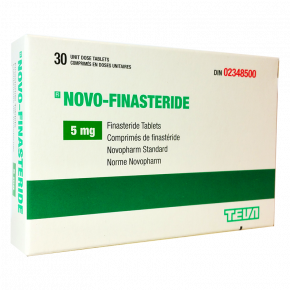
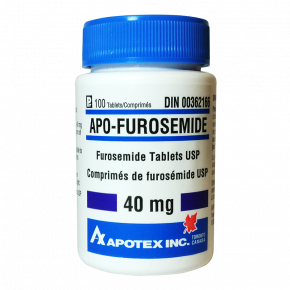
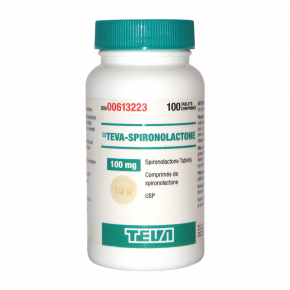

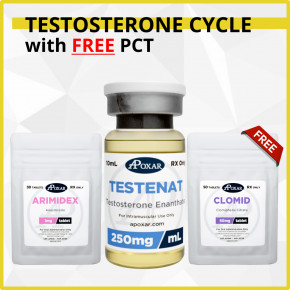
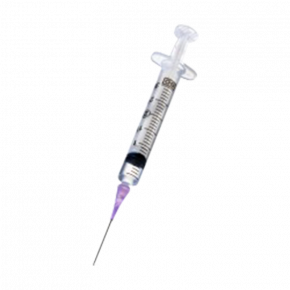
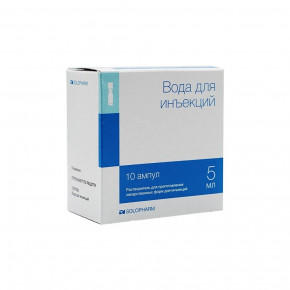

 Proudly Serving Canadians Since 2012
Proudly Serving Canadians Since 2012
